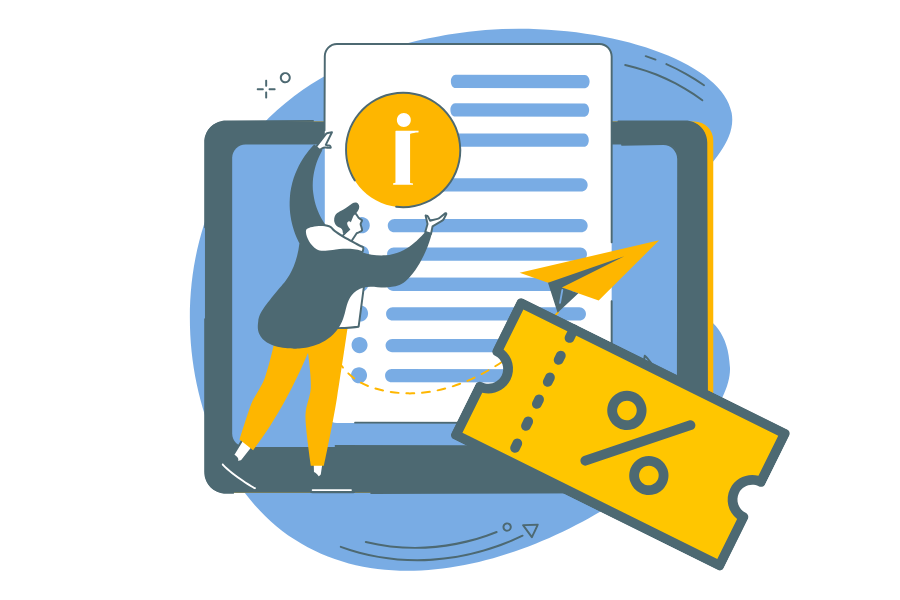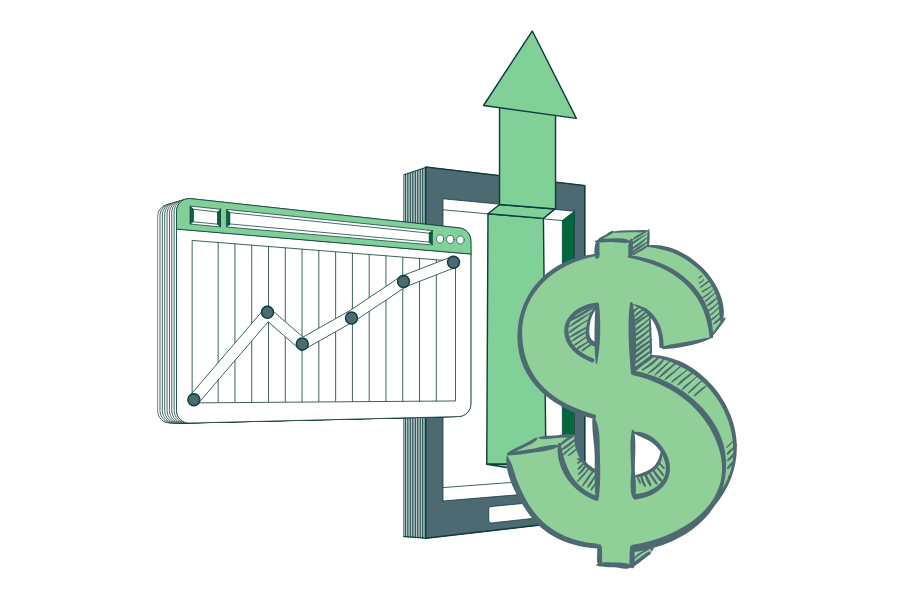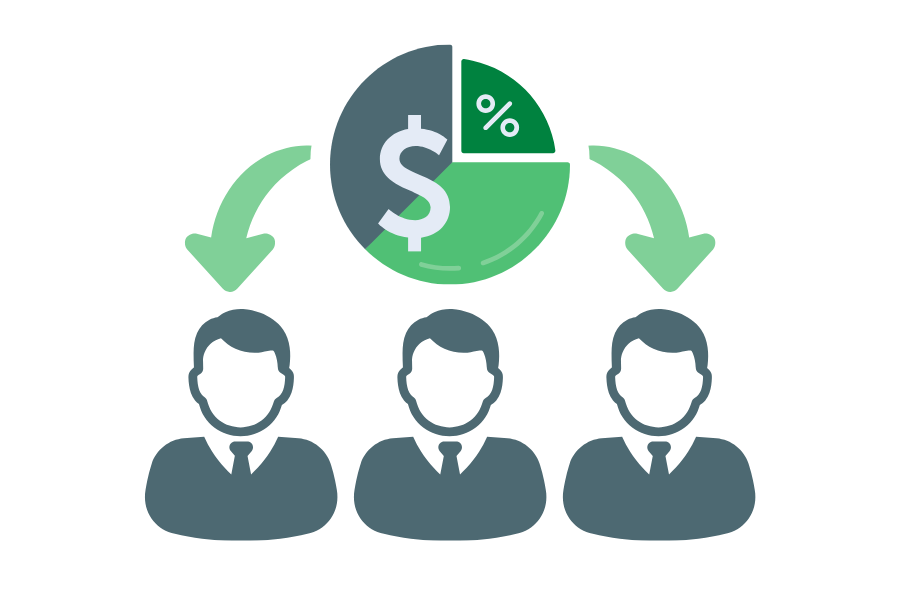Business Expenses and Tax Deductions for Singapore Companies
Running a business in Singapore involves various expenses, from daily operational expenses to capital investments. Understanding which of these expenses are tax-deductible can significantly impact your business’s financial health.
What Are Business Expenses?
To be considered a business expense, a cost should be ordinary and necessary in the course of running your business.
Types of Business Expenses
- Operating Expenses: These expenses are essential for daily business operations and are not directly related to production. Examples include administrative fees, office supplies, and direct labor costs like salaries and wages.
- Cost of Goods Sold (COGS): COGS refers to the expenses incurred in producing your product. It includes materials, product transportation costs, and manufacturing expenses.
- Capital Expenses: These are costs incurred for setting up production and operations. Purchases like company vehicles fall into this category.
- Variable Expenses: Variable expenses vary based on factors such as sales volume. For instance, commission-based sales compensation depends on individual sales performance.
- Fixed Expenses: These are recurring costs that remain constant each month, such as rent and base employee salaries.
- Recurring Expenses: These happen repeatedly over time, either daily, weekly, monthly, quarterly, or annually, with amounts that may fluctuate.
- Interest Expenses: These occur when you borrow money and have to pay it back with interest, such as credit card interest charges.
- Incidental Expenses: These are unplanned, one-off expenses that are additional costs on top of other planned expenses. Examples include baggage handling fees during business trips.
For expert financial advice, contact Counto, your trusted partner in accounting, tax, company secretary, and company incorporation services.
Tax Deductible Business Expenses in Singapore
The tax deductibility of business expenses in Singapore is determined by the Inland Revenue Authority of Singapore (IRAS) guidelines. Here are some common examples of tax-deductible expenses:
- Rent and Lease Expenses: Necessary office space rent and utility costs are deductible.
- Employee Salaries and Benefits: Wages, salaries, and employee benefits are fully deductible expenses.
- Office Supplies and Consumables: Necessary supplies like stationery and office consumables can be deducted.
- Advertising and Marketing Expenses: Both online and offline marketing costs, including digital ads, flyers, and video production, can be tax-deductible if common in your industry.
- Business Travel Expenses: Costs for necessary business travel, such as transportation, accommodation, and even mileage, can be deducted.
- Employee Training and Professional Development Expenses: Costs for workshops, seminars, and employee training aimed at professional development are considered ordinary and necessary.
- Insurance Premiums: Premiums for employee benefits, keyman insurance, and work injury insurance may be tax-deductible.
- Repairs and Maintenance Expenses: Expenses related to repairing and maintaining equipment and office spaces can be deductible.
- Bad Debts: Trade debts that are no longer recoverable can be tax deductible, such as money owed by delinquent customers.
- Donations: While not ordinary and necessary, donations made to approved Institutions of a Public Character (IPC) or the Singapore Government for local communities may be deductible.
- Depreciation: Depreciation on assets, including buildings, machinery, and equipment, can be claimed as capital allowances to offset depreciation.
General Rules for Claiming Allowable Business Expenses
- Expenses must be incurred, meaning the legal liability to pay must have arisen.
- Expenses must be related to your business and necessary for earning income.
- Expenses that are personal and private in nature are not allowable.
- Capital expenses are not allowable, but depreciation of assets may be claimed.
- Expenses should be supported by proper source documents, kept for at least five years to substantiate your claims.
Summary
Understanding the tax deductibility of business expenses is crucial for businesses in Singapore. By correctly categorising and documenting expenses, you can greatly minimise your tax liability. Staying informed about changes in tax regulations and seeking professional tax advice when needed will help you make the most of available tax deductions and incentives, ensuring a robust financial strategy for your business.
Try Counto accounting service
Counto exists to help small businesses like you save time and money throughout the year. Get direct access to a dedicated Customer Success Manager, who’s backed by a team of accountants and tax specialists. Discover a smarter way to outsource your accounting with confidence. Speak to us directly on our chatbot, email us at hello@counto.sg, or contact us using this form.
Here are some articles you might find helpful:

 United States
United States Singapore
Singapore United Kingdom
United Kingdom





